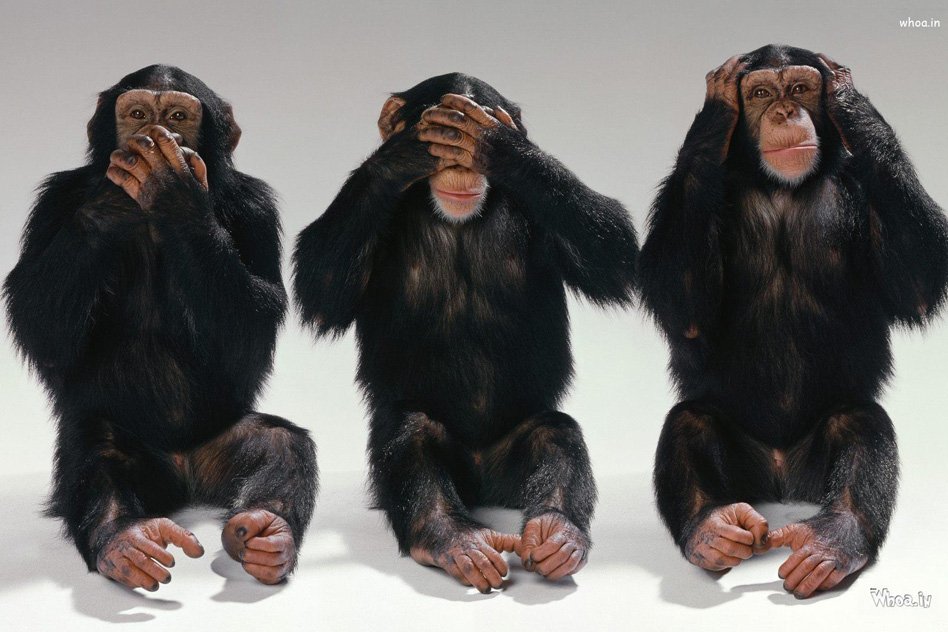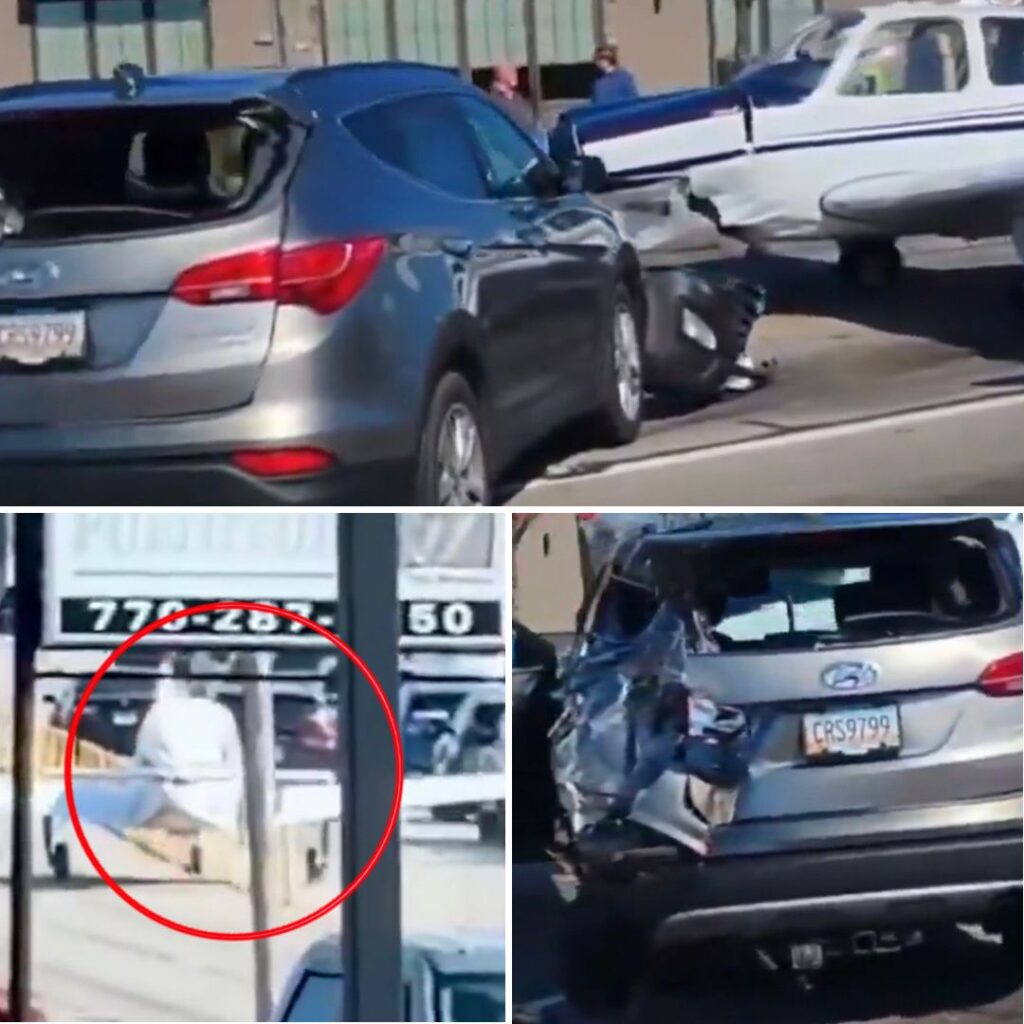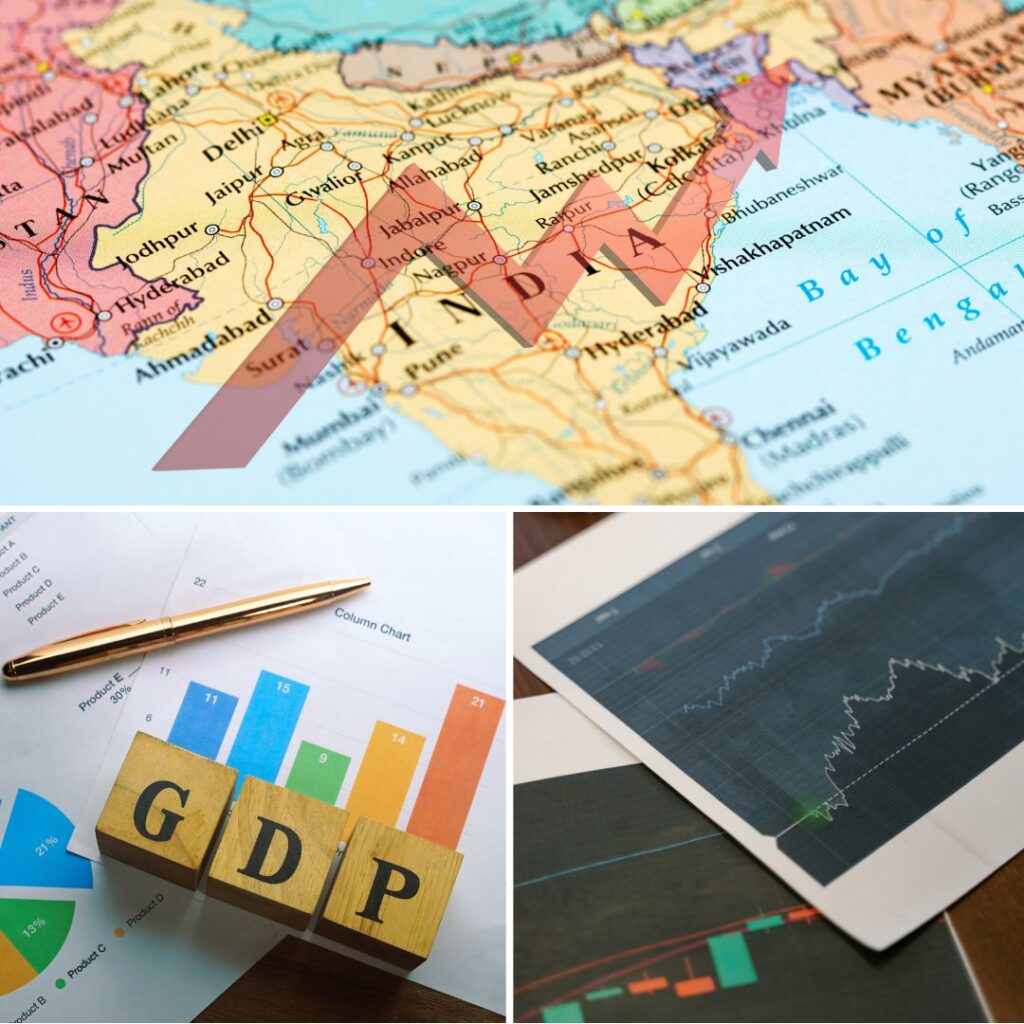Image Source: whoa
It often happens that we are witness to a crime than being a criminal or victim of it. There is an accident wherein the victim is badly hurt and in need of immediate medical assistance; mostly people surround him out of curiosity than a human obligation to call for help, police, ambulance etc. If we find a violent quarrel on the street, or a person is being beaten by a mob, the general reaction of the public is to witness it than intervene to stop it. It is true, we did not start the fight nor are we directly hurt by the accident, but by staying without any motive to help or call for help is the clear definition of apathy and indifference which is unethical and even immoral as well. In the cases of eve-teasing for instance, the perpetrator is encouraged to continue his actions chiefly because the public turns a blind eye to him and the culprit is free to escalate his winks into an assault without any obstruction whatsoever. It is true, we are moulded since childhood to avoid risky situations, which is good strategy but where is the logic to watch without any objective to lend a hand. These and many instances call into question the general behaviour of people in the wake of an unfortunate incident like an accident or a street fight etc.
It’s None of Our Business
The behaviour of minding one’s business has been deeply etched in our ethics that we do not look sideways. This is an instance of deliberate indifference, which is a good social etiquette so that we do not intrude into another person’s privacy or matters. But in cases which clearly demand our attention, indifference is a wrong call. Why we overlook, it is because it is not our business. The question is-when does it become our business, we do not know or care to think about it. The problem arises when explicit situations which seriously require our help, we tend to ignore, bypass or just stare at them. By explicit, I mean those episodes which cannot be missed such as an old man barely able to cross the road who can be assisted, in a car crash when two parties fight each other and the police or traffic officers can be called in, a child being bullied can be protected, and scores of other incidents which we either stare at or leave for its none of our concern.
Putting Myself in Danger
Before we help a person, numerous questions buzz in our head that deter us from lending a hand. What if I put myself in danger? What if the police interrogate me and think I am a criminal? What if I help someone and that someone takes me hostage or is only pretending to be a victim? Etc. Etc. These are very genuine concerns of the public who hence are hesitant to help. Such reluctance can only be removed if there is an assurance by the police, the law that bystanders, who for instance report a crime and come forward as a witness can be protected, will not be harassed or put through an ordeal. It would require a high level of sensibility, sensitivity and sensitisation so that bystanders know in what ways they can help and the police also know they have an onus to ensure the safety of the bystanders.
The Need to be a Responsible Bystander
Why is there a need to be a responsible bystander? It is true, you didn’t ask to be a witness to an accident, but were present at the situation so it becomes your responsibility to alert the appropriate authorities so they can take an action. The urgency of this plea is that mostly it is seen during an accident or a school fight or workplace scuffle, the issue could have been settled in time if it only had been reported. But the bystanders acted as mute spectators either due to shock or lack of concern or curiosity that no action could be taken. The loss to the victim in a fight could be of life- what if he needed to be taken to the hospital and his life could have been saved if he had arrived a minute earlier etc. All these instances are evidence to the need of responsible bystanders.
Having said it, it is not always necessary that you have to take an action by your own. If you are unable to or don’t want get involved you can at least persuade others to do so or make a call. It is far better to do this than remaining silent and doing nothing. The idea is to correct the tendency of the public to believe that they do not have any responsibility towards an accident as they didn’t do it. Once this mentality is changed, there wouldn’t be a crowd surrounding a victim but concerned citizens willing to help and report it so appropriate authorities can save the day.
The Logical Indian Approach
The need of the hour is to be a responsible bystander, witness or an onlooker; one who knows he has an obligation to report a crime, an accident etc than let the other fellow think about this duty. In passing this obligation to the next fellow, who will report, no one! And as everyone will look their way, the wave of crime will certainly increase. We tend to question and blame the government for not taking adequate steps to ensure public safety, which is a good call, but we also owe a responsibility towards it. In being a responsible bystander, three things have to be understood:
First, the government needs our help. Help it so it can help us and you. Second, the society thrives on the action of responsible citizens. Third and most important, if you can’t help, ask others and if you can’t do that then it is better to leave than watch and make a crowd. The urgency of these statements lies in the fact that one day when we will be in the crosshairs of some street fight or accident, we would wish if responsible bystanders are there to help than a group of curious public.
Are you a Responsible Bystander?
The role of a responsible bystander is something which cannot be taught by sermons but by examples from real life experiences. We learn from each other. If we find one responsible bystander trying to help a victim, we are moved to help him and hence help the victim in turn. Similarly, by sharing examples of how we proved to be a responsible bystander can go a long way to nurture this life-saving habit.
Share these examples.
- Acknowledge and thank those people who helped you as a responsible bystander.
- Commend these acts so more people come forward as there is strength in numbers. You are not alone.
- Take the first step. Use caution.
- If you cannot help due to certain reasons, call the officers who are trained to do it. That also serves as an attribute of a responsible bystander.












